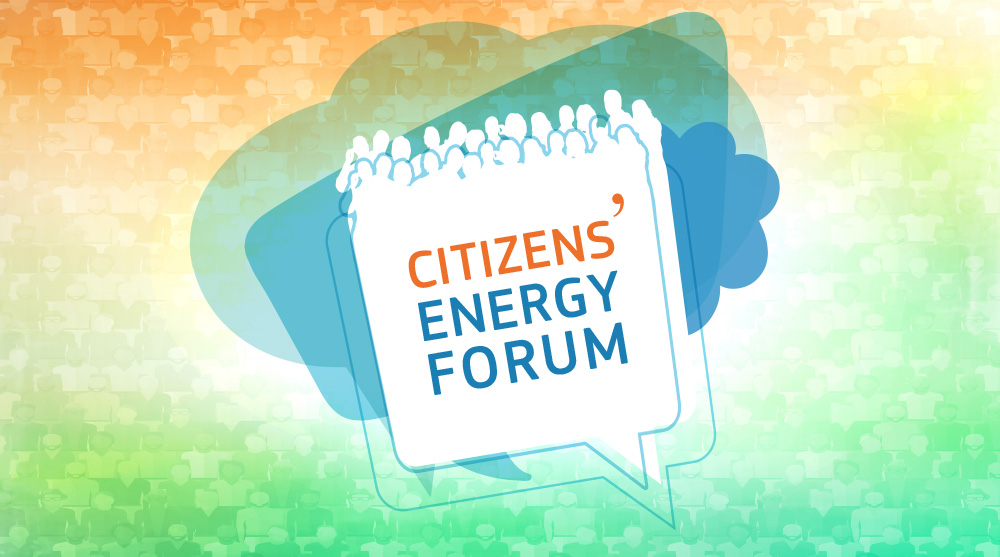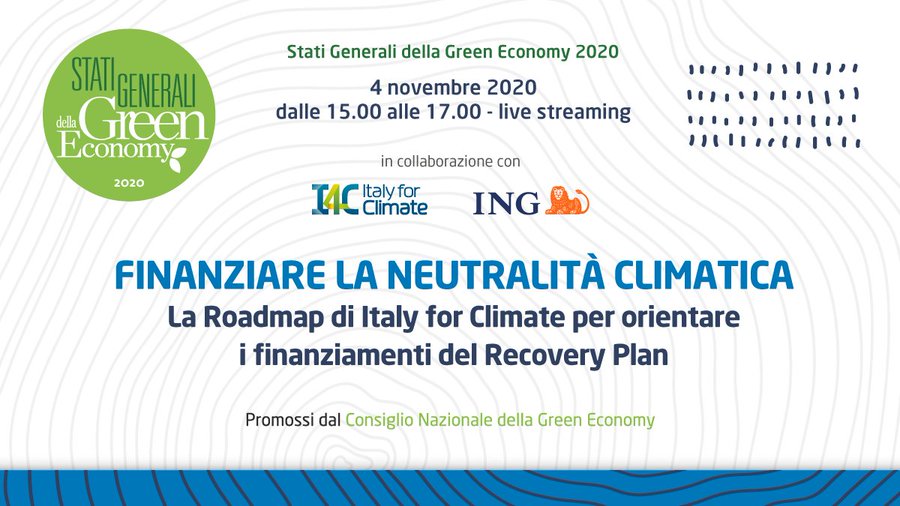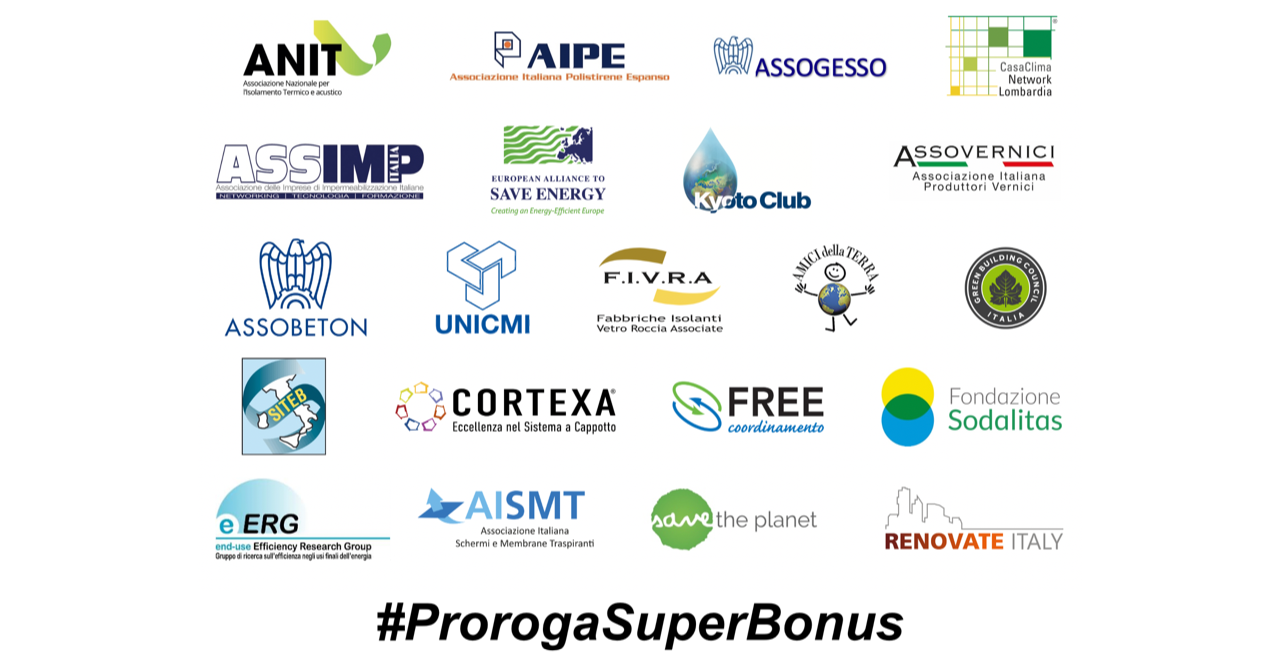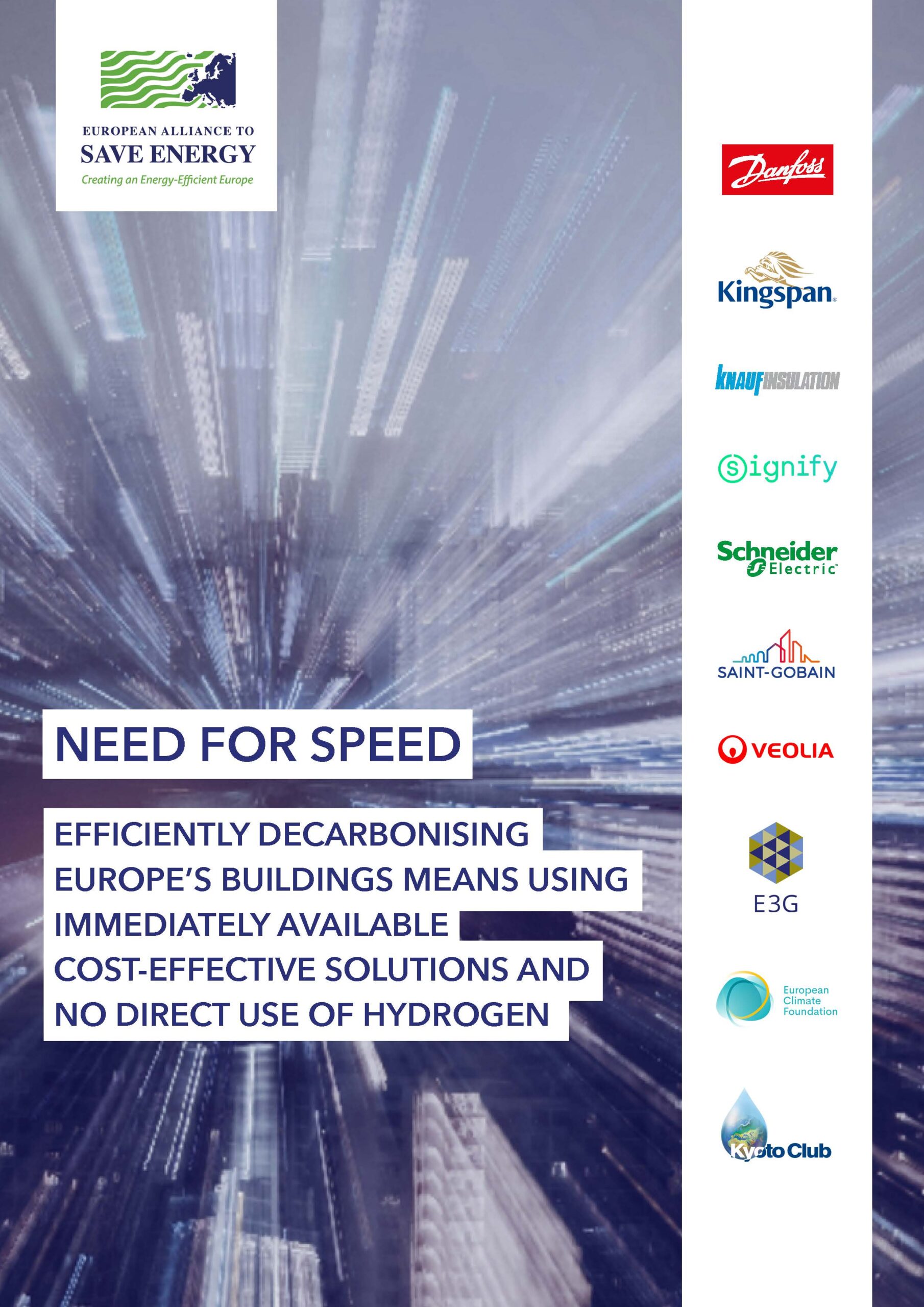EU needs mandatory targets and means to save energy

by Kamila Waciega, Public Affairs Director for Energy at Veolia, and Ville Niinistö, Finnish Member of the European Parliament and coordinator for the Greens/EFA group in the Committee on Industry, Research and Energy.
In its recent communication on the European Union climate target for 2030, the EU Commission described energy efficiency legislation and policies as essential instruments contributing to the achievement of the new 2030 greenhouse gas reduction.
However, according to the accompanying impact assessment and the evaluation of National Energy and Climate Plans, the EU will surpass its current target for renewable energy by 1.7%, while it will still fail to meet its current 2030 efficiency target by 3%.
A similar result is expected for the energy efficiency target for 2020.
As the Commission is in the process of revising the Energy Efficiency Directive (EED), it is crucial to seize this opportunity to address the reasons for such an outcome of current energy efficiency policies.
One clear issue is the fact that the renewable energy target is binding at EU level, while the energy efficiency one still is not.
In the current context of dire health, economic and environmental crisis, we cannot afford this discrepancy. We need both higher and nationally binding energy efficiency targets, given all the benefits that investments in this segment can reap.
Following the position of the European Parliament, which asked for 60% emissions reduction by 2030, and taking into account the abovementioned impact assessment, the existing target for energy efficiency needs to be increased to 45% to untap the energy efficiency potential.
To ensure delivery, the EU level target should be made binding.
However, setting a better target is not enough. The most arduous element is providing means to achieve it. Those are regulatory and financial, and both can be ensured through the EED, which is currently planned for revision by June 2021.
In a fast-changing political and economic environment, 2025 was a year of continued efforts to strengthen security, stability, and competitiveness for European businesses.
Throughout the year, our work demonstrated that energy efficiency is not only essential to achieving climate goals, but also a key driver of innovation, energy independence and sustainable long-term growth across Europe.
Strong engagement with policymakers, combined with the successful organisation of the 4th European Energy Efficiency Day, highlighted the importance of collaboration and dialogue in advancing shared objectives. Partnerships across sectors and institutions remained central to delivering impact and shaping effective energy policies.
Looking ahead to 2026, we will intensify our efforts to secure the regulatory certainty that can accelerate the energy transition, while providing businesses with the investment confidence they need and strengthening Europe’s competitiveness.
Read the full Activity Report here.





